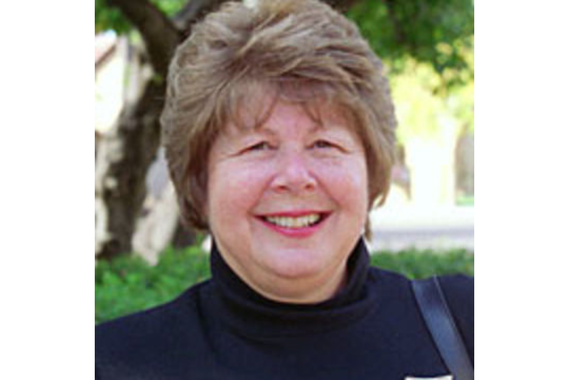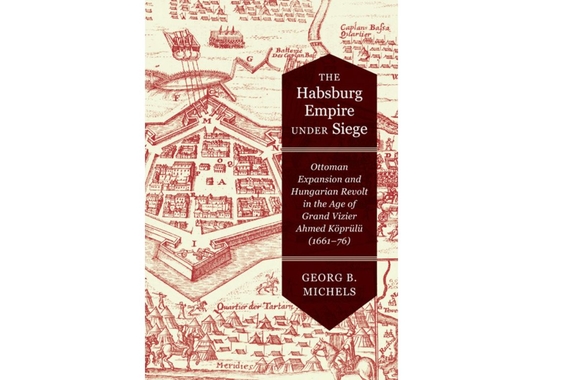Announcing the 2018 Rath and CAS Book Prize Winners!
Our annual Rath Prize for the best article in the Austrian History Yearbook and the Center for Austrian Studies Book Prize competitions have finished. The winner of the Rath Prize is Peter Haslinger and the winner for the CAS Book Prize is Nancy M. Wingfield. Thank you to everyone who had submitted their works for this years competitions!
2018 RATH PRIZE WINNER
The winner of this year’s Rath Prize is Peter Haslinger’s “Dilemmas of Security: The State, Local Agency, and the Czechoslovak-Hungarian Boundary Commission, 1921–25.” Haslinger employs complex sources in numerous languages to demonstrate that the postwar settlements that structured the breakup of the Austro-Hungarian Empire actually happened far away from Paris. Local populations petitioned the Boundary Commission about border disputes, often citing economic, security, and geographic factorsrather than nationalist ideas of self-determination. Ultimately, though, the arduous process of drawing a Czechoslovak-Hungarian border reflected each state’s national security agenda more than the interests of the local population. Haslinger’s ability to set his meticulous research in a broader context of security studies makes the piece particularly successful and convincing.
2018 BOOK PRIZE WINNER
The Selection Committee for the Center for Austrian Studies Book Award awards this year’s prize to Nancy M. Wingfield for her groundbreaking and innovative study, The World of Prostitution in Late Imperial Austria. The committee members felt that Wingfield’s study deepens our understanding of the sex industry in the Habsburg Monarchy during its final decades without falling prey to the urge to over-generalize or moralize. Based on broad archival research in different centers of the former Austro-Hungarian Empire, as well as a wide range of secondary sources, the book lends a human face to the world of prostitution and courageously explores issues of female agency and experience. At the same time Wingfield brings an array of theoretical perspectives to bear in her analysis of relevant data on demographics, surveillance, enforcement, and legal and social coercion. Her work provides a new perspective on heretofore-neglected issues of authority and morality as they pertained to the sex trade from the metropoles of Vienna and Prague to the towns and villages at the periphery of the Empire. Nor, she further demonstrates, did perceptions and regulations radically change after the dismemberment of the Monarchy as the successor states largely retained perceptions of female sexuality and forms of control in place before 1918. The World of Prostitution in Late Imperial Austria illuminates critical aspects of the world of Schnitzler, Freud and their contemporaries, and makes a substantial contribution to the historiography of the Habsburg Monarchy.


